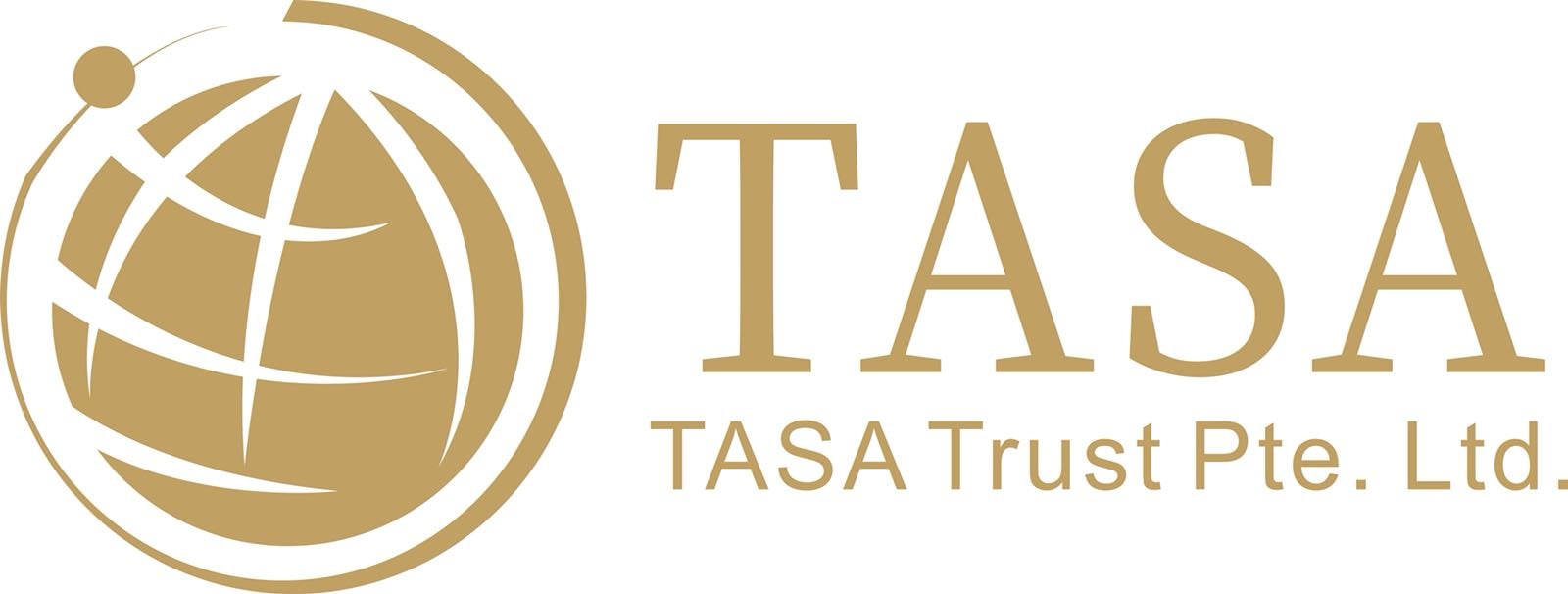Latest News And Articles
Understanding CPF Contributions: What Payments Require Employer Contributions?
- As an employer in Singapore, understanding when Central Provident Fund (CPF) contributions are required is crucial for ensuring compliance with regulations and supporting your employees' financial security. CPF contributions are generally mandated on payments made in cash for work done, but not all types of payments are subject to CPF contributions. Below, we’ll break down the common payments that do and do not attract CPF contributions.
What Payments Attract CPF Contributions?
CPF contributions are required on all payments in cash that are part of your employee’s wages. These payments are considered as remuneration for work performed and typically include the following:- Basic Pay: The regular salary agreed upon between the employer and employee.
- Overtime Pay: Additional compensation for hours worked beyond the standard workweek.
- Bonus: Any performance-based or annual bonuses given to employees.
- Allowance: Fixed or variable payments for specific purposes, such as transport or housing.
- Commission: Payments based on sales or performance targets.
- Cash Incentive: Monetary rewards given for achieving certain business objectives or milestones.
These payments form part of the employee’s gross wages and are subject to CPF contributions, which must be calculated and contributed to the employee’s CPF accounts.What Payments Do Not Attract CPF Contributions?
Not all payments to employees require CPF contributions. The following types of payments are generally excluded:- Reimbursements: Payments to employees for expenses incurred on behalf of the employer for official business purposes. Since these are not part of the employee’s wages, they are not subject to CPF contributions.
- Benefits in Kind: Non-cash benefits provided to employees, such as company-provided housing, cars, or other perquisites, do not require CPF contributions.
- Compensation: Payments made as compensation for loss of employment, such as termination benefits, are excluded from CPF contributions.
- Cash Prizes from Company Events: Monetary rewards given as prizes during company events or competitions are typically not considered part of the employee’s wages and do not attract CPF contributions.
- Long Service Awards: Awards given to employees in recognition of long service (typically at least 5 years of service) are not subject to CPF contributions.
Key Takeaway
- Understanding the types of payments that require CPF contributions is essential for employers to maintain compliance with Singapore's regulations. Payments that constitute wages and other cash payments that increase an employee’s wages generally attract CPF contributions. In contrast, non-wage payments, such as reimbursements and benefits in kind, do not.
- Ensuring that CPF contributions are correctly calculated and submitted will help you manage your business effectively and support your employees' long-term financial security. If in doubt, it's always advisable to consult with a professional or refer to official CPF guidelines.
